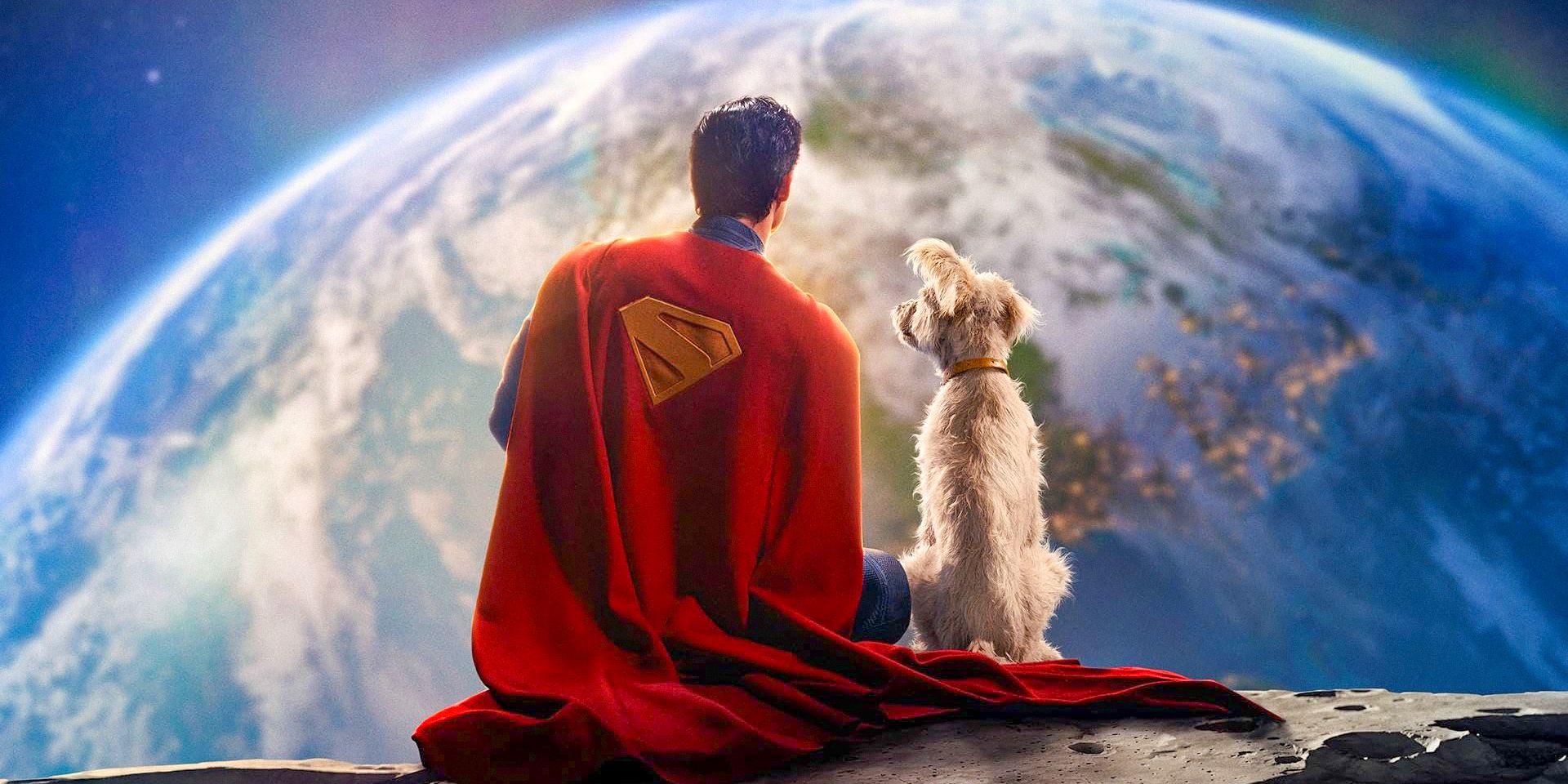In recent months, fake trailers have taken over YouTube feeds, and it appears that major Hollywood studios are reaping benefits from these unofficial videos. While cinemas face ongoing challenges, numerous high-profile films and series are in the pipeline, attracting significant attention from a wide audience. Notable upcoming releases include The Fantastic Four: First Steps from Marvel, Superman from the DC Universe, and The Last of Us from HBO, all scheduled for release in 2025. Although official trailers exist, they typically feature only a few minutes of footage. This limited content has prompted YouTubers to utilize AI technology to expand on these brief glimpses into various trailers, creating a fascinating blend of creativity and technology.
A report from Deadline reveals that major studios are fully aware of the prevalence of these fake trailers on YouTube. Instead of demanding the removal of these videos, they have taken a different approach by requesting that YouTube share a portion of the generated revenue. This situation has led to unrest within the SAG-AFTRA community, with members expressing concerns about a “race to the bottom” that prioritizes technology and short-term profits over enduring creative artistry. Despite the backlash from unions, the studios have remained silent regarding these developments, leaving many to speculate about the implications for genuine content creators.
Understanding the Impact of Trailer Monetization on Hollywood’s Future
Studios Show Leniency on Copyright Issues Surrounding Fake Trailers
The ongoing trailer monetization debate has exacerbated tensions between SAG-AFTRA and Hollywood studios. The strikes by the Writers Guild of America (WGA) and SAG-AFTRA in 2023 stemmed from fears that AI could replace actors and writers. As studios seem to profit from AI-generated content, it is likely to fuel existing concerns and conflicts within the industry. Notably, Deadline has identified major players such as Warner Bros. Discovery, Disney, Sony Pictures, and Paramount as entities benefiting from these fake trailers or choosing not to challenge the YouTubers involved in their creation.
Trailers even exist for movies that have not yet finished filming, showcasing the reach of these fan-made projects.
Given the lack of interest from studios in pursuing copyright actions, it is likely that the production of these fake trailers will continue unabated, despite the potential infringement of Intellectual Property rights. This situation creates confusion for viewers searching YouTube for high-quality footage, only to encounter content that is entirely composed of artificial intelligence imagery. For instance, trailers for movies like The Odyssey by Christopher Nolan are available, despite no official footage having been released. Additionally, YouTube features trailers for The Batman 2, which has not yet begun filming, further blurring the lines between authentic and fabricated media.
Analyzing the Confusion Surrounding Fake Trailers
Understanding the Confusion Created by Fake Trailers for Audiences
While videos that create fake scenarios can be intriguing and sometimes fall under fair use protections, many of the fake trailers circulating on YouTube present themselves as authentic content from the studios. For instance, Screen Culture produces titles that never clarify that their trailers are fan-created, leading audiences to mistakenly believe they are viewing real footage. This confusion can undermine the reputation of the studios involved. The inherent complexity of fake trailers raises questions about why studios might tolerate their existence. If studios choose not to combat the overwhelming influx of misleading content, YouTube‘s search functionality may continue to deteriorate, further complicating the experience for users seeking genuine trailers.
Source: Deadline







